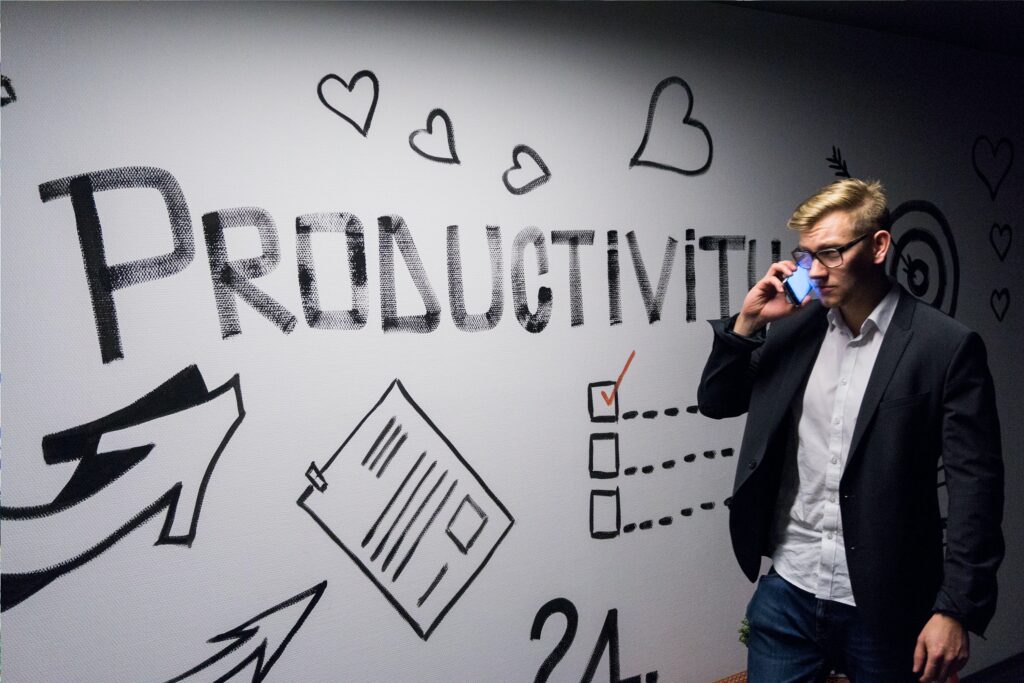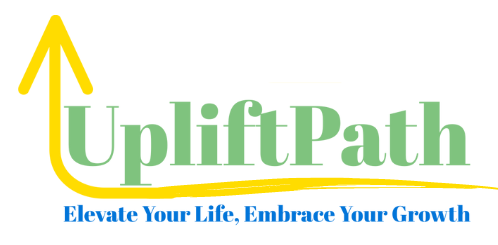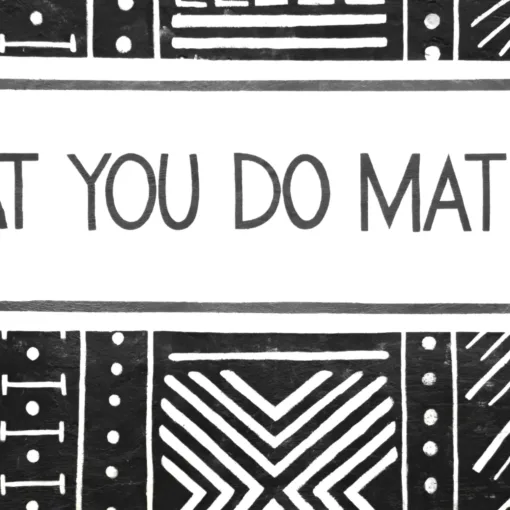Minimalism: Streamlining Life for Enhanced Productivity
In a world often characterized by excess, minimalism stands as a refreshing and impactful philosophy that encourages us to pare down the clutter and embrace a simpler, more intentional way of living. Beyond just an aesthetic trend, minimalism is a transformative mindset that holds profound meaning, substantial importance, and numerous benefits, especially in relation to productivity. Let’s delve into the essence of minimalism, its significance, and practical advice for cultivating a minimalist lifestyle that fuels productivity.
What is the Meaning of Minimalism?
Minimalism is a lifestyle and philosophy characterized by simplicity, intentionality, and a focus on what is essential. It involves intentionally choosing to live with fewer material possessions, decluttering both physical spaces and mental clutter, and prioritizing the things that truly add value and meaning to one’s life. Minimalism encourages individuals to strip away excess and distractions, allowing them to focus on what matters most and find fulfilment in experiences, relationships, and personal growth rather than material accumulation.
At its core, minimalism is about living deliberately and consciously, making mindful choices about how we spend our time, energy, and resources. It extends beyond the physical realm to encompass various aspects of life, including simplifying daily routines, digital presence, commitments, and even thought processes. Minimalism is a way to free oneself from the constant pursuit of more and to create space for greater clarity, purpose, and contentment.
What is the importance of Minimalism?
The importance of minimalism lies in its ability to bring about positive transformations in various aspects of life. Here are some key reasons why minimalism is considered important:
- Enhanced Clarity and Focus: By reducing physical clutter and mental distractions, minimalism helps individuals achieve greater clarity and focus. When unnecessary elements are removed from the environment, it becomes easier to concentrate on tasks, make decisions, and set meaningful goals.
- Reduced Stress: Clutter, whether in our physical space or our minds, can contribute to feelings of stress and overwhelm. Embracing minimalism can lead to a sense of tranquillity and calm, promoting mental well-being and reducing stress levels.
- Better Time Management: Minimalism encourages intentional time management. By prioritizing essential tasks and eliminating time-wasting activities, individuals can make better use of their time and accomplish more with less effort.
- Improved Productivity: With fewer distractions and a clearer focus on priorities, minimalism can boost productivity. People are more likely to complete tasks efficiently and produce higher-quality work when they are not overwhelmed by unnecessary clutter.
- Financial Freedom: Minimalism often involves spending less on material possessions and focusing on what truly matters. This can lead to better financial management, reduced debt, and increased savings, ultimately contributing to greater financial freedom and security.
- Environmental Benefits: Embracing minimalism often leads to consuming and discarding less, which has positive implications for the environment. By reducing overconsumption and waste, individuals can contribute to sustainability and a healthier planet.
- Enhanced Relationships: Minimalism encourages people to invest time and energy in meaningful relationships rather than material possessions. This can lead to stronger connections, deeper conversations, and more fulfilling social interactions.
- Personal Growth: Minimalism encourages self-reflection and introspection. By letting go of the excess and focusing on what truly matters, individuals can embark on a journey of personal growth, self-discovery, and self-improvement.
- Flexibility and Adaptability: With fewer possessions and commitments, minimalism allows individuals to be more flexible and adaptable. This can make transitions, changes, and unexpected events in life easier to navigate.
- Cultivation of Contentment: Minimalism shifts the focus from constantly seeking more to finding contentment in the present moment and the essentials of life. This shift in mindset can lead to greater overall happiness and life satisfaction.
In essence, minimalism is important because it promotes intentional living, reduces clutter and distractions, and enables individuals to create a life that is aligned with their values, goals, and aspirations. It offers a path to a more meaningful, balanced, and fulfilling existence.

What is the Relation Between Minimalism and Productivity?
The relationship between minimalism and productivity is significant and interlinked. Minimalism can have a profound impact on enhancing productivity by creating an environment and mindset that are conducive to efficient and focused work. Here’s how minimalism and productivity are closely related:
1. Reduction of Distractions: Minimalism involves decluttering both physical and mental spaces. By minimizing physical clutter in your workspace and eliminating unnecessary digital distractions, you create an environment that promotes better concentration and fewer interruptions. This reduction in distractions allows you to stay more focused on your tasks, leading to increased productivity.
2. Enhanced Focus: With fewer possessions, commitments, and distractions, minimalism helps sharpen your focus on what truly matters. This intentional focus enables you to prioritize tasks and allocate your time and energy more efficiently, leading to better time management and improved productivity.
3. Effective Decision-Making: Minimalism encourages you to make intentional choices about what you keep in your life. This practice of decision-making translates to your work as well. Minimalists tend to make quicker decisions and avoid getting stuck in analysis paralysis, which can speed up the decision-making process and boost productivity.
4. Streamlined Processes: Minimalism promotes simplification in all areas of life, including work processes. By streamlining workflows and eliminating unnecessary steps, you can accomplish tasks more efficiently. This lean approach to processes reduces inefficiencies and increases productivity.
5. Mindful Task Management: Minimalism encourages intentional and mindful task management. By focusing on a limited number of important tasks, you avoid overwhelm and multitasking, leading to higher quality output and better productivity.
6. Reduced Mental Clutter: Minimalism extends beyond physical clutter to mental clutter. Letting go of mental baggage and unnecessary worries allows you to approach your work with a clear and focused mind, leading to improved problem-solving and decision-making.
7. Goal Alignment: Minimalism prompts you to align your actions with your values and goals. This translates into setting clear, meaningful goals in your work. With a sense of purpose and direction, you are more likely to stay motivated and productive.
8. Efficient Time Allocation: Minimalism encourages you to allocate your time to activities that truly matter. By cutting out time-wasting activities, you create more time for productive work and activities that contribute to your personal and professional growth.
9. Adaptability and Flexibility: Minimalism’s emphasis on simplicity and adaptability makes it easier to pivot, change directions, and embrace new opportunities. This agility can lead to better problem-solving and a more productive response to challenges.
In summary, minimalism’s principles of simplicity, intentionality, and focus align naturally with the goals of productivity. By adopting a minimalist approach, you can create an environment and mindset that support efficient work, effective decision-making, and a more streamlined and purposeful approach to tasks.
Practical Advice for a Minimalist Lifestyle
- Closet Cleanse: Streamline your wardrobe by keeping only items you truly love and wear regularly. Donate or sell clothes that no longer serve you, and consider a “one in, one out” rule for new additions.
- Digital Detox: Declutter your digital life by organizing files, unsubscribing from unnecessary emails, and decluttering your digital devices regularly.
- Quality Over Quantity: When making purchases, prioritize quality over quantity. Invest in well-made, durable items that will last longer and serve your needs better.
- Practice Mindful Consumption: Before buying something, ask yourself if it adds value to your life or if you genuinely need it. Avoid impulse purchases and focus on mindful consumption.
- Simplify Meal Planning: Opt for simpler meal plans with nutritious, whole foods. Minimize complex recipes and ingredients to save time and reduce stress.
- Streamlined Home Decor: Choose a minimalist approach to home decor with clean lines, neutral colors, and only a few meaningful or functional decorations.
- Digital Minimalism: Limit your time on social media and digital platforms. Unfollow accounts that don’t bring you value and consider setting specific times for checking social media.
- Declutter Regularly: Set aside time every few months for a thorough decluttering session. Go through your belongings and reassess what you truly need and use.
- Reduce Commitments: Evaluate your commitments and activities. Minimize those that drain your time and energy, and focus on the ones that align with your goals and values.
- Minimalist Workspace: Keep your workspace clutter-free with only the essentials you need to work efficiently. A clean workspace can lead to improved focus and creativity.
- Mindful Gifts: When giving or receiving gifts, consider opting for experiences or consumables instead of material possessions. This reduces clutter and encourages meaningful connections.
- Embrace Empty Space: Leave empty spaces in your living area and on surfaces. This not only promotes a minimalist aesthetic but also provides visual and mental breathing room.
- Paperless Approach: Minimize paper clutter by opting for digital documents and online communication whenever possible. Digitally store important documents and files.
- Gratitude Practice: Cultivate a daily gratitude practice to shift your focus from what you lack to what you have. This promotes contentment and reduces the desire for unnecessary possessions.
- Set Limits: Establish limits for items like clothing, shoes, or household items. When you reach the limit, consider donating or selling before acquiring new items.
- Mindful Technology Use: Set boundaries for technology use. Designate tech-free times, such as during meals or before bedtime, to connect with the present moment and loved ones.
- Unsubscribe and Unfollow: Streamline your digital subscriptions and social media feeds. Unsubscribe from newsletters that no longer interest you, and unfollow accounts that don’t align with your values.
Remember, minimalism is a personal journey, and there’s no one-size-fits-all approach. Adapt these tips to your preferences and circumstances as you gradually embrace a more intentional and minimalist lifestyle.
Conclusion
Minimalism is a powerful approach that not only declutters our physical spaces but also enriches our lives in profound ways. By embracing minimalism and its core principles, we can create an environment conducive to enhanced productivity, improved well-being, and a more intentional and fulfilling life journey. In a world of noise, minimalism is the harmonious melody that leads us towards a more purposeful existence.






One thought on “Does Minimalism Help Productivity?”